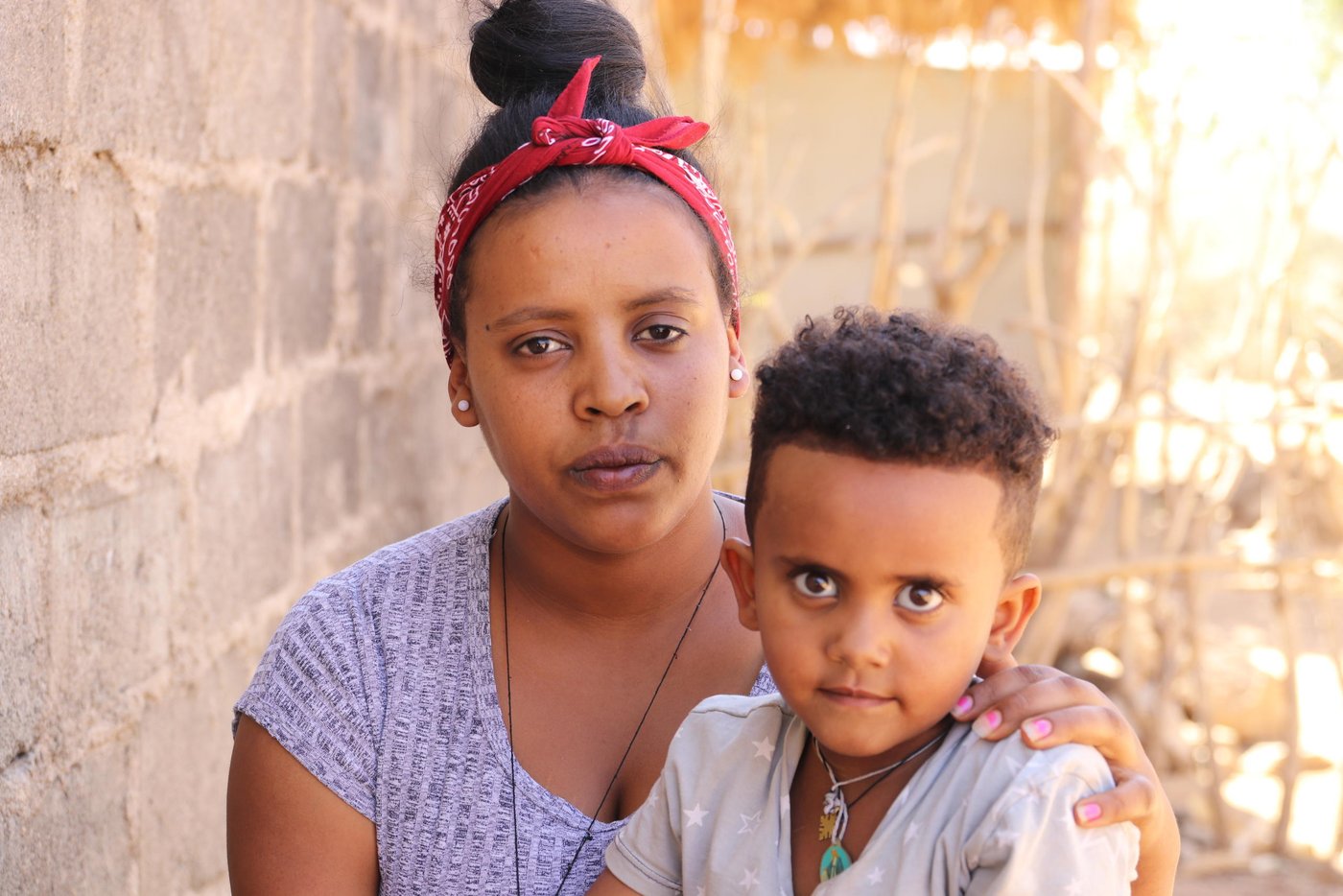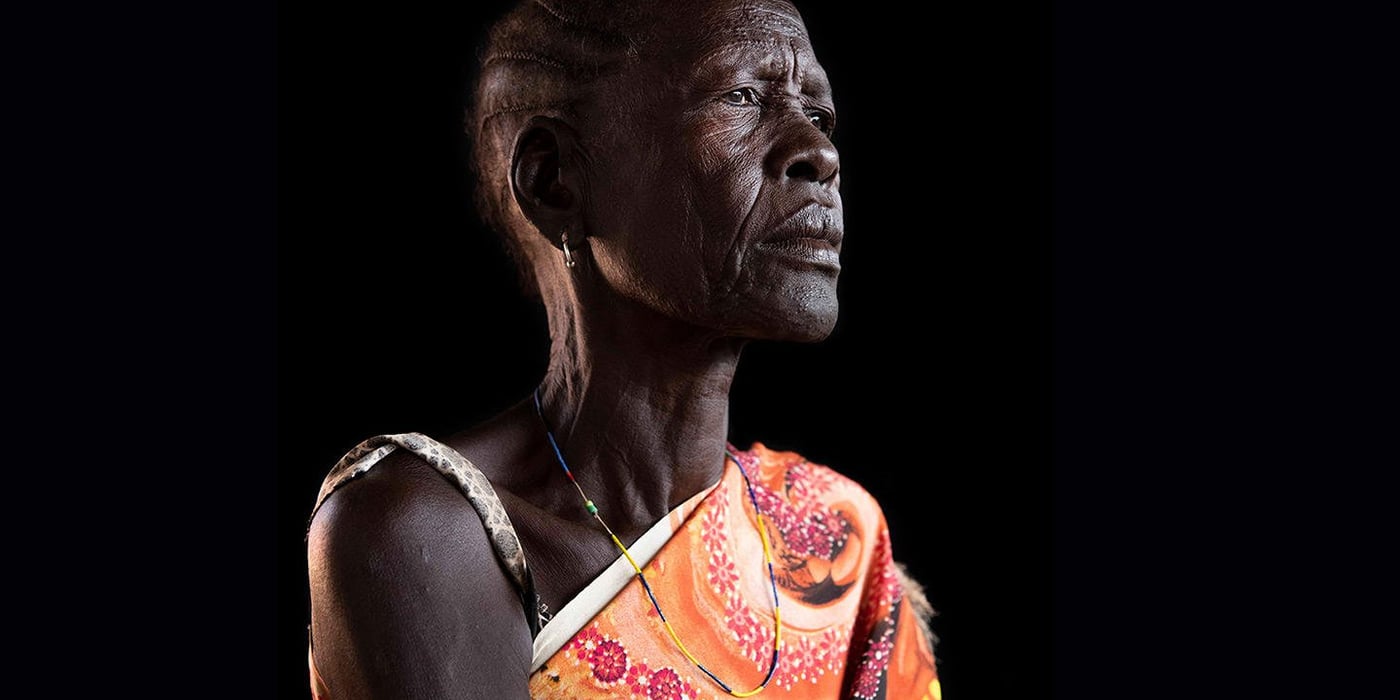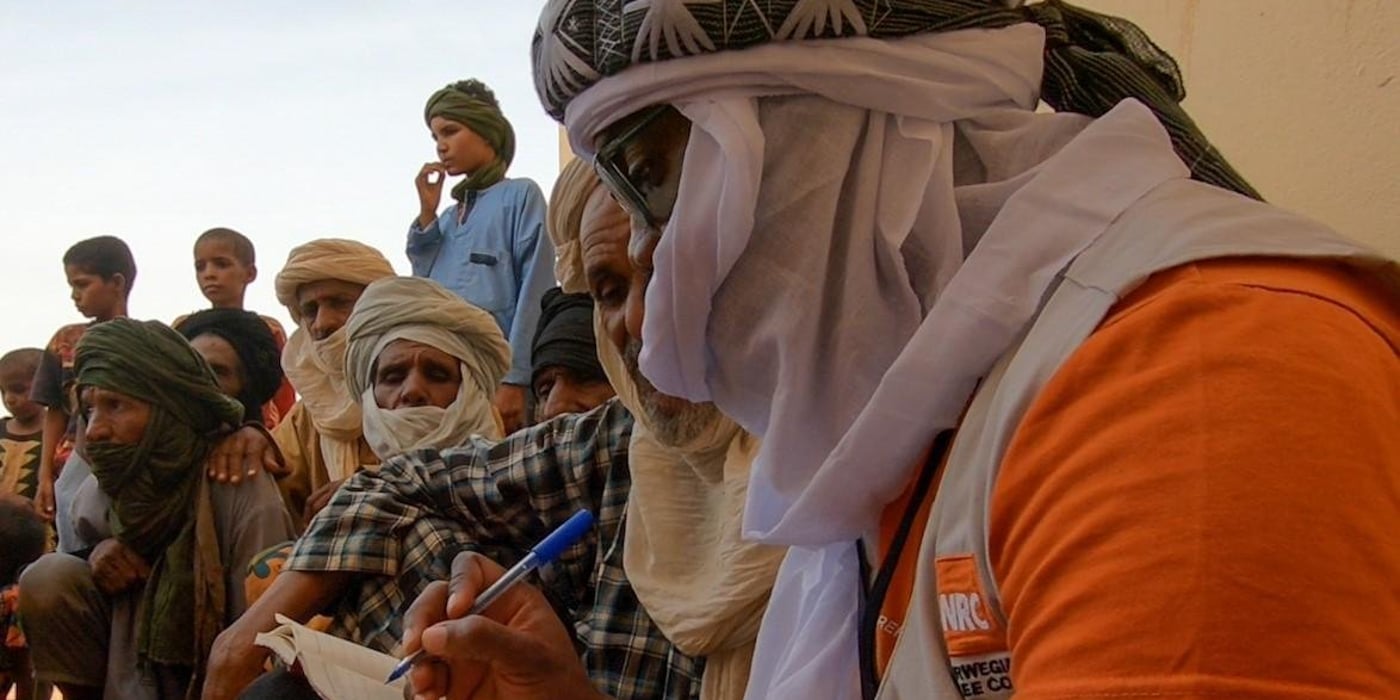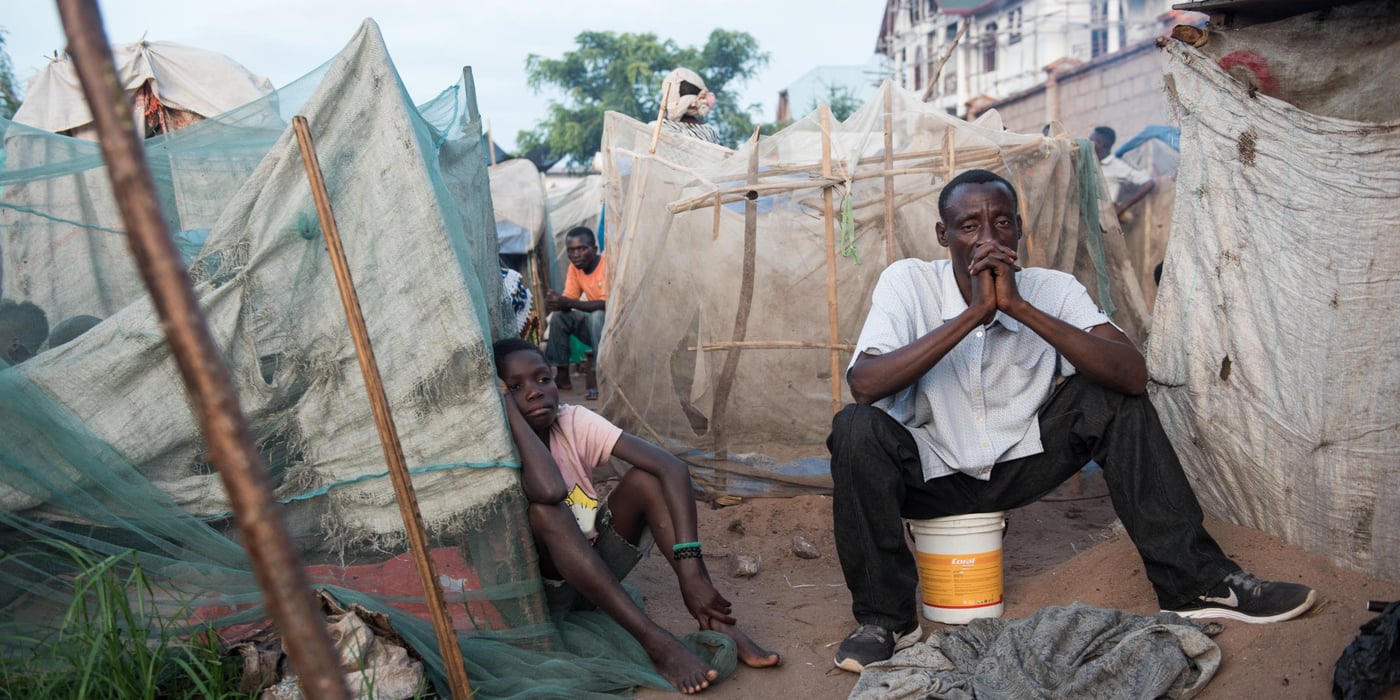Lack of political will
“Often, it is due to a lack of political will. The countries on the list are considered to be of little strategic and economic importance. Consequently, there is no international interest in contributing to a solution to the conflicts. This is the case in the Central African Republic, number three on last year’s list,” says Tiril Skarstein. She’s an NRC team leader and has been involved in preparing this year’s list of neglected displacement crises.
In other conflicts, the opposite is the case: there are many actors with conflicting political interests, and no-one is willing to compromise. This has been the case in Yemen and Palestine, also on last year’s list. These are crises where the civilian population’s best interests have taken a back seat to political interests.
The lack of political will to find a solution to a crisis is one of three criteria that NRC uses when compiling its list of the world’s most neglected crises. The other two criteria are lack of media attention and lack of funding for humanitarian aid.
See the neglected crises list here.
Lack of media attention
Why do the media choose to highlight some crises and not others?
“Proximity is a key word. The closer we are to a crisis geographically, the more attention we give it, and the easier it is for us to identify with the people affected. Proximity and identification are two important news criteria,” says Skarstein.
One example is the so-called migrant crisis of 2015, when a large number of refugees came to Europe. As a consequence, the European media became very interested in the countries that people had fled from, such as Syria. When we know someone who has fled from a crisis, we are more likely to care about it.
Another issue is that it is extremely difficult for journalists to work in some of the countries on the list. This inevitably means that some crises receive less attention than others.
Lack of funding
Crises that receive little international attention and little media coverage tend not to receive the financial support needed to meet acute humanitarian aid needs.
The extent of the media coverage of a crisis is often a poor indicator of which areas are in the greatest need.
“Humanitarian aid must be given on the basis of need, but unfortunately, it’s easier to obtain funding for crises that receive a lot of attention from politicians and the media,” Skarstein explains.
Great needs, little attention
The humanitarian aid needs are great in all the countries on this year’s list, which will be released on 5 June. Several of the ten countries on the list are in Africa.
“There seems to be a tendency for crises on the African continent to receive less attention. Many of the people who are affected will never have the opportunity to reach Europe or the United States, and the vast majority remain in their own country or flee to relatively poor neighbouring countries. Unfortunately, it seems that the people affected by these crises are often ‘out of sight, out of mind’,” says Skarstein.
We must not forget about these crises
The most important thing for these countries now is to put political solutions in place. It’s the only way we can end the suffering.
There is also a need for acute humanitarian aid. To stand any chance at all of bringing about political solutions, we must take the first step of meeting the most acute needs for aid. Hungry stomachs, a lack of work and a lack of opportunities to feed your family do not make a good starting point for stability.
“We make this list to remind ourselves and others that some crises need increased attention. This is the only way we can create change,” says Skarstein. “We must make sure that we talk more about these crises, that we work to give the people who are affected a voice, and that we make sure the aid provided is based on needs – and not just on where it is easiest to get money.”





